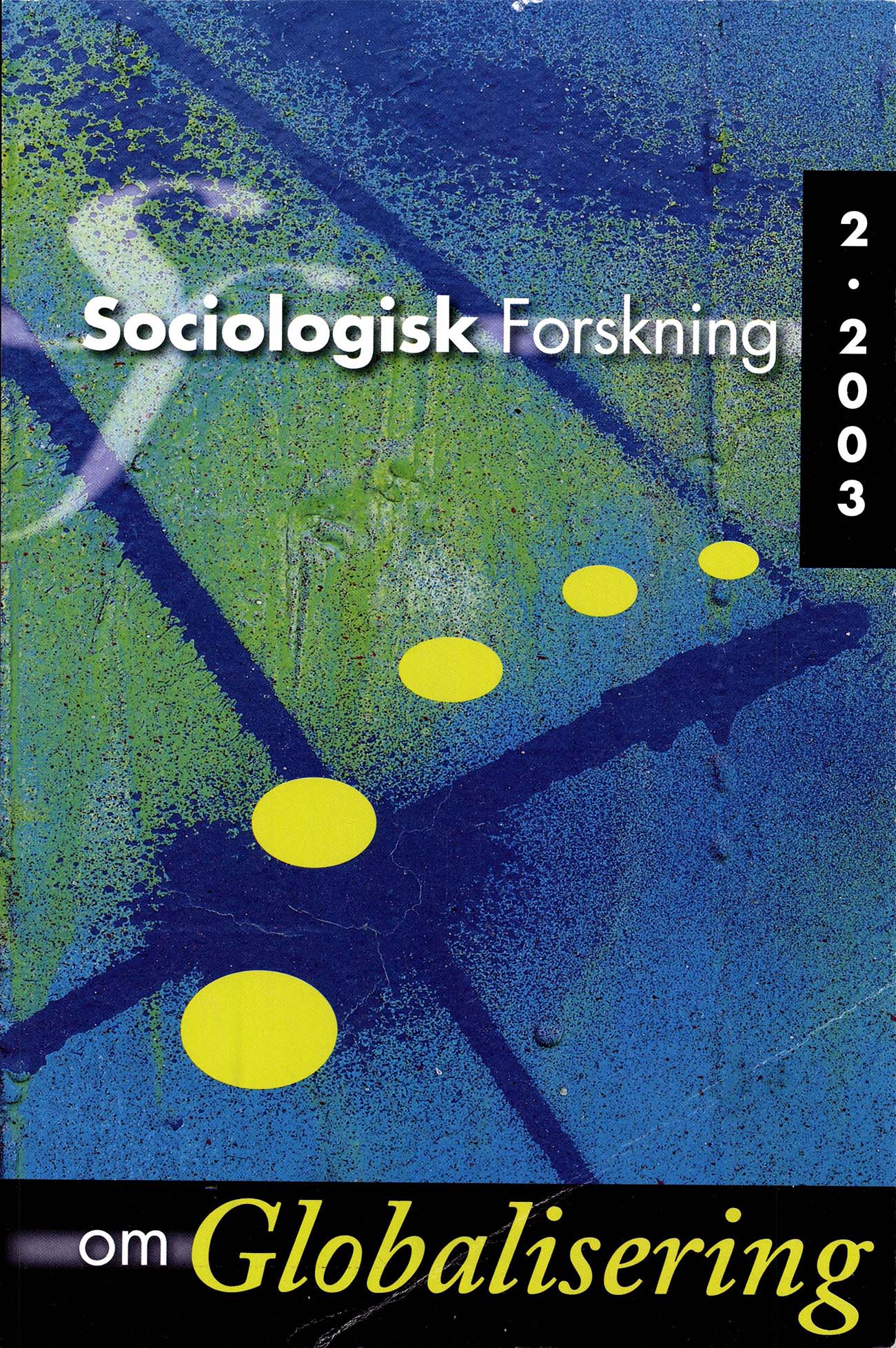Föreningslivet i Sverige
Välfärd, socialt kapital och demokratiskola
DOI:
https://doi.org/10.37062/sf.40.19404Keywords:
associations, social capital, welfare state, membership, participationAbstract
There is a long tradition of high levels of membership and participation in voluntary associations in the Scandinavian area, with origins reaching back in the 19th century, and still playing a key role in political as well as in private life. In comparative perspective, memberships and activity levels are extreme in Sweden. Sweden has been named a popular-movement democracy, where associations serve a special function to bind together a homogenous culture and egalitarian welfare regime:
1. Associations contribute to general welfare production by facilitating valued activities, offering social contacts, identity, information and collective support;
2. Participation in associations develops social capital of inter-personal relationships and thrust; and;
3. Associations develop democratic skills relevant to representative democracy, such as tolerance, experience and competence in collective decision-making;
4. Associations provide an alternative arena for political action.
In recent decades, in particular over the past decade of deep recession and welfare state rollback in Sweden, engagement in associations has crumbled. A recent analysis of this change, based on two general social surveys of 1992 and 2000, tracks this change, focusing on the development of different types of associations, their memberships, activity levels and member characteristics. Findings are discussed with respect to the impact on general welfare, social capital, and political capital.
Downloads
Published
How to Cite
Issue
Section
License
All content in Sociologisk Forskning is published with immediate open access, under the Creative Commons license CC BY-NC-ND 4.0.
All content may be read, downloaded, shared and printed for non-commercial purposes, free and without fees. Contents may not be altered. When content is reused, author, source and a link to the copyright licence must be provided. The author retains copyright to their content. No publication fees are charged.





